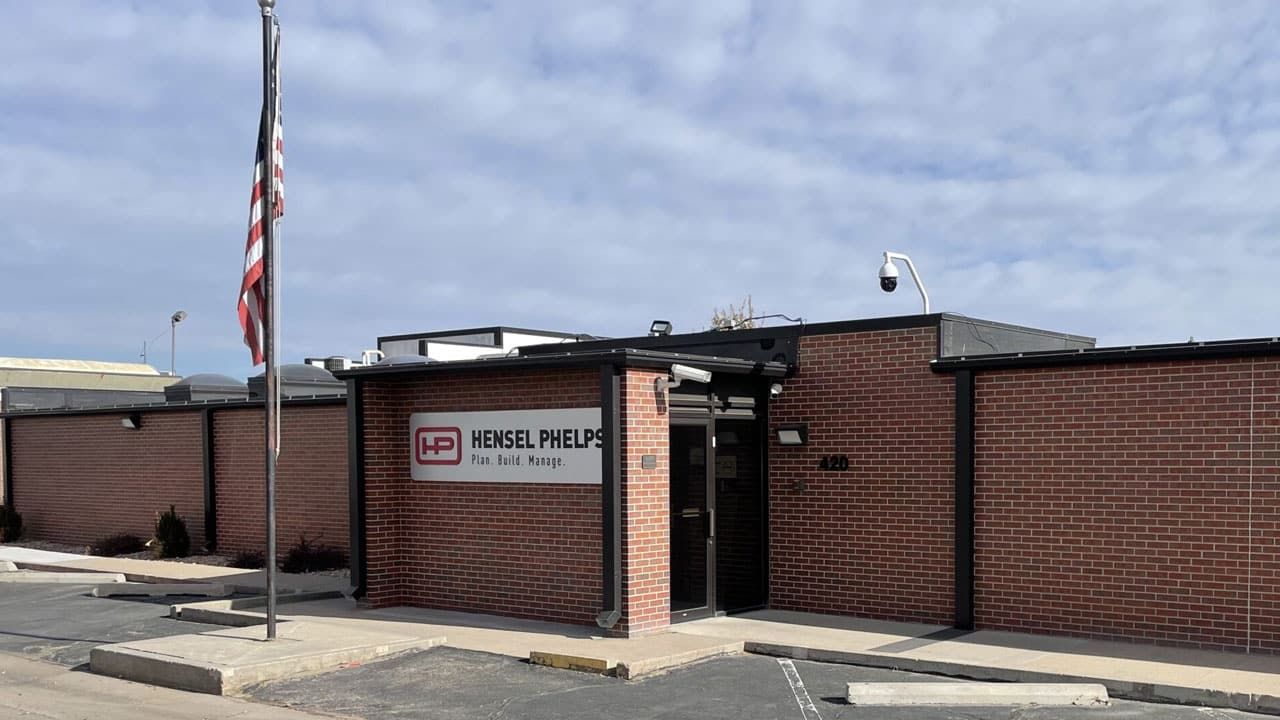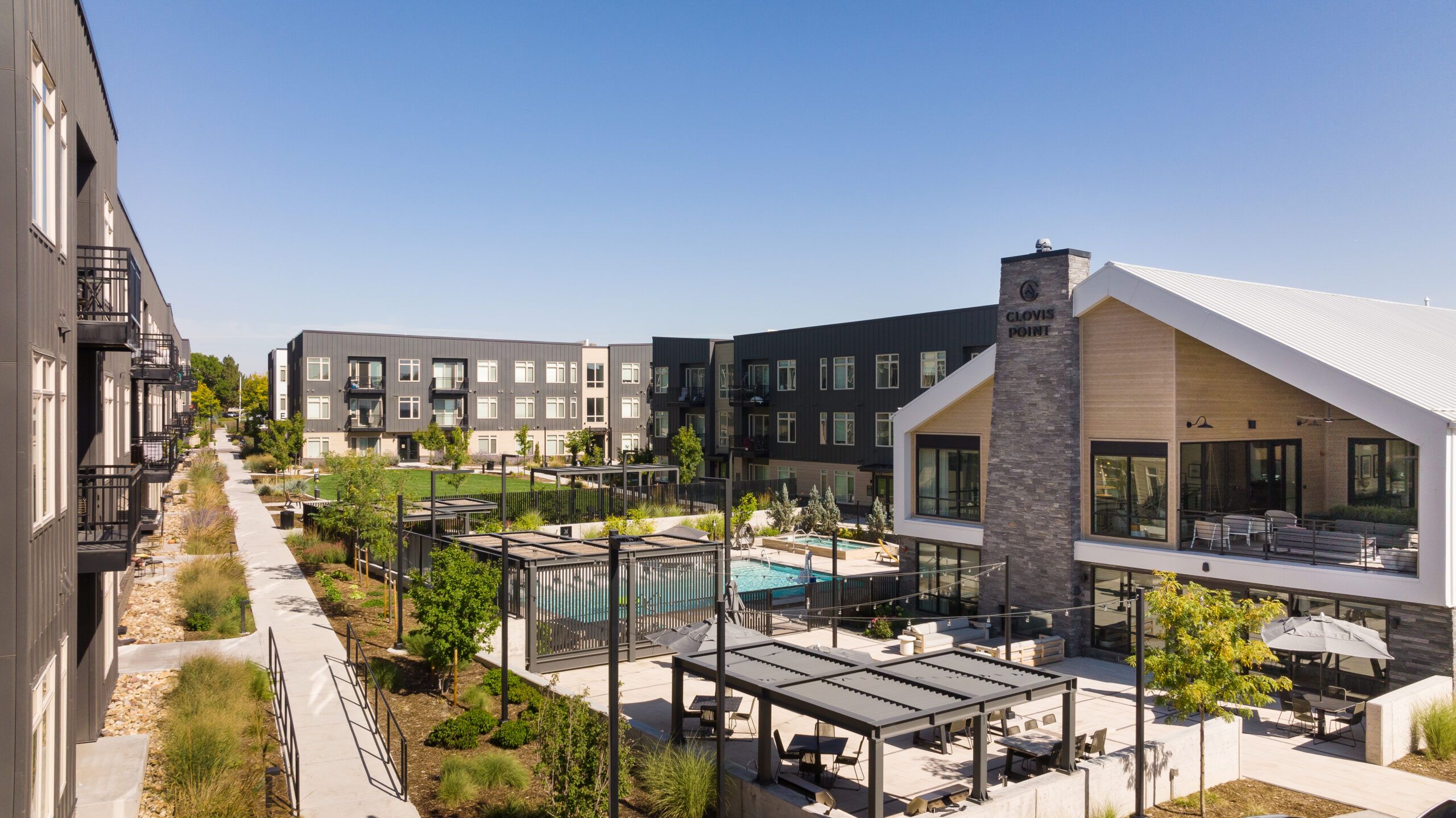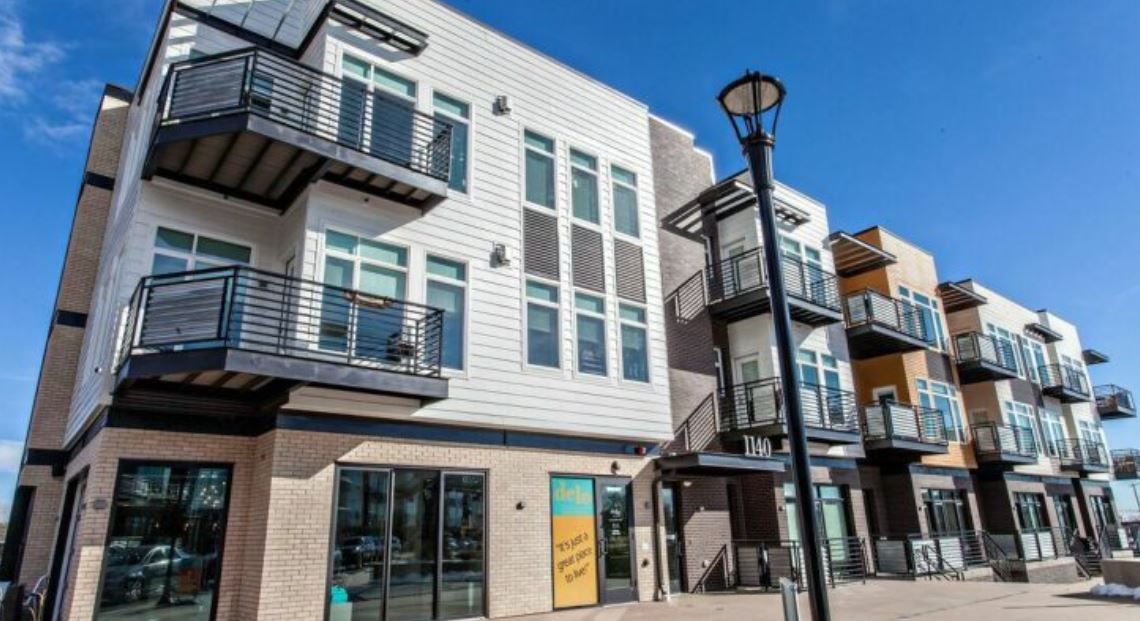RE Conference: Demographer predicts continued growth, but at slower pace
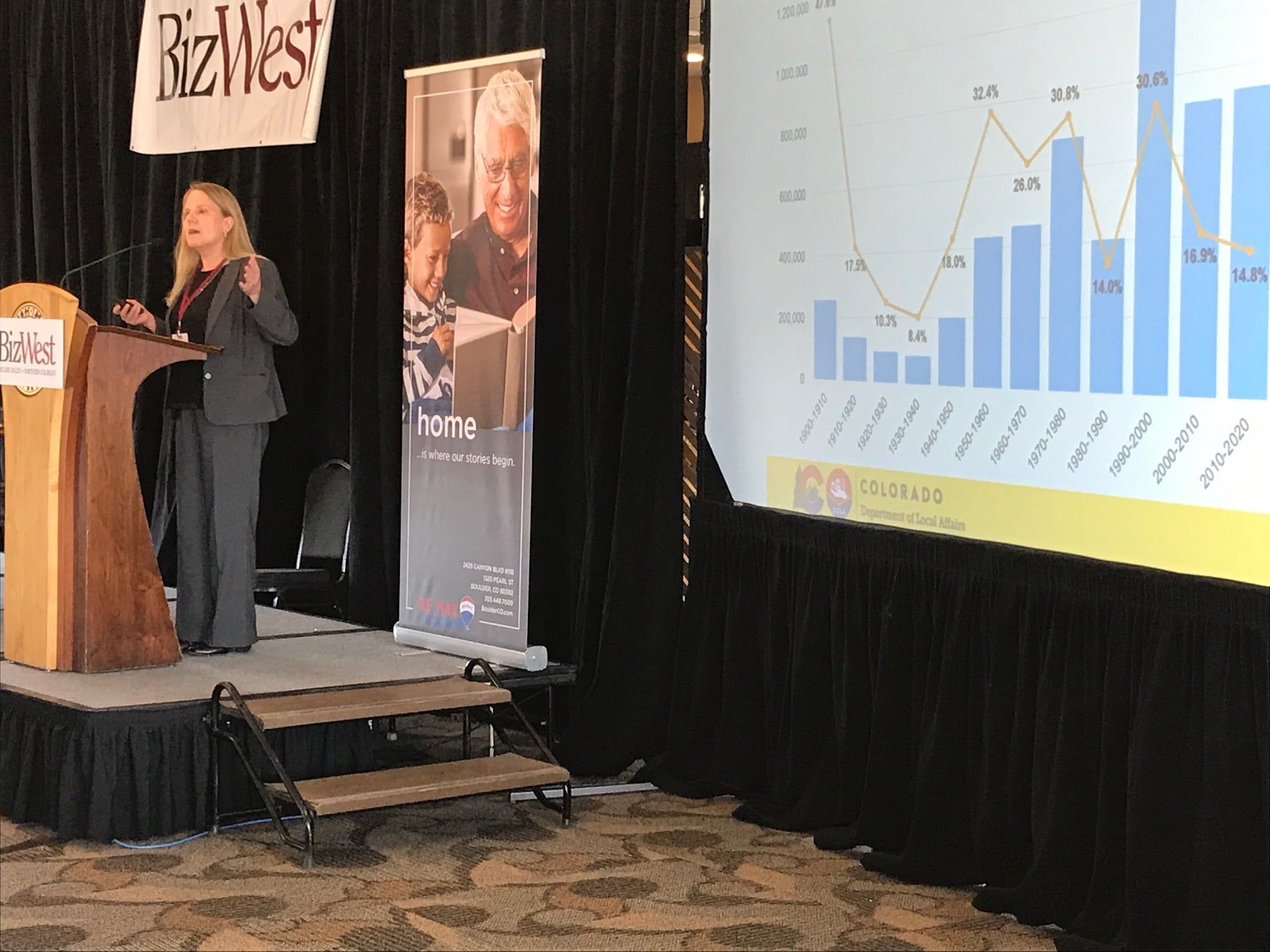
BOULDER — Colorado grew in the past decade and will continue to grow, but at a slower rate. And that will affect how many houses the state needs and how many houses real estate agents will sell.
In her keynote address, Elizabeth Garner, Colorado’s demographer, outlined the state’s population trends as recorded in the 2020 Census and projected what is likely to happen next. She spoke during the Boulder Valley Real Estate Conference Thursday.
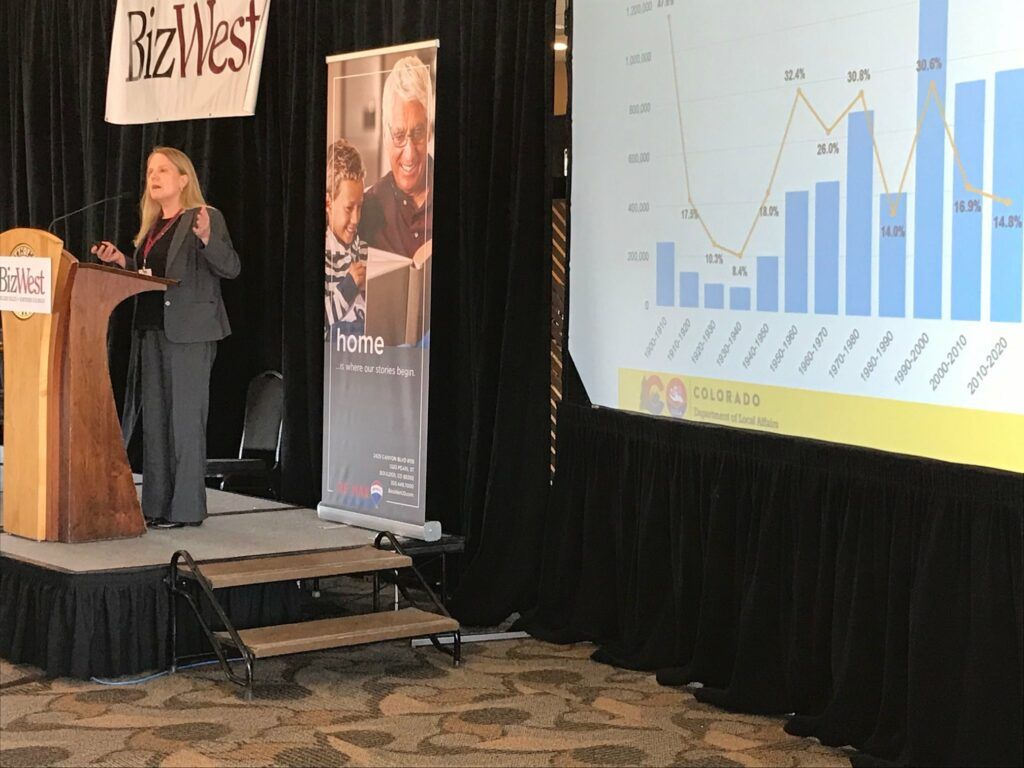
The conference, produced by BizWest, was held at the University of Colorado Stadium Club and was attended by Realtors, developers, contractors, lenders and others connected with the real estate market.
SPONSORED CONTENT
The U.S. experienced its second slowest growth rate, at 7.4% growth, as tracked by the decennial U.S. Census. Colorado experienced a 14.8% growth, which meant in political circles the addition of an eighth congressional district.
“Going into COVID,” Garner said, “we saw slowing growth, but most of the growth was babies,” she said, or so-called natural growth from the existing population.
The state is seeing most of its growth happening along the Front Range, especially the northern Front Range along the Interstate 25 corridor. She said 90% of the growth happened along that corridor during the past decade, compared with 78% of the growth in that same area in the decade before that.
Garner said the U.S. population as a whole, including in Colorado, is seeing a decline in the growth of the population younger than age 18.
“In real estate, you need to think about that. If they’re not there, they won’t be buying a house,” she said. “It takes a good 21 years to get a solid person, and even that is questionable,” she joked.
Forty-three counties in the state had a decline in the under 18-year population. Weld County ran contrary to the trend with more than 40% of the state’s under 18 population growth happening there. As a result of that, she said, Weld will be a county of high growth during the coming decade.
The peak age in Colorado currently is 29 years old, which also happens to be a prime home buying age. “We’ll see a demand for entry-level [home] buying,” Garner said.
The 40-50-year-old population is also growing, and that population can often be in the market for second homes, she said.
On the flip side, the older population, Baby Boomers — at one time the largest segment of the population — is aging out of housing. Some of that housing will need to be rehabilitated to appeal to younger generations, she said.
Garner said the state is experiencing a large imbalance between housing starts and population growth. The state increased its housing stock by 278,000 over the past decade, compared with 404,000 in the prior decade. The ratio of new housing units to new households hit its lowest point in 2016, she said.
“We’re not doing a very good job of marrying housing growth with household formation. We need more conversations about housing because growth is a reality. We need to figure out how to get it built, faster and cheaper,” she said.
Garner’s forecast:
Population will continue to grow in the next decade, driven by job growth, which drives net migration into the state. She expects that jobs lost to COVID will grow back by 2025, and then the state will see a slowing “because the U.S. as a whole is slowing down.”
The largest amount of growth in the next decade will be among people older than 65, she predicted.
In hard numbers, the Front Range will see a population growth of 1.6 million between now and 2050; the state as a whole will grow 1.8 million during that period.
Uncertainties include COVID; international migration, “which fell to zero during COVID;” and water availability.
“Douglas County has given us a buildout number because of the water it has available. We’re talking with Weld [about its water projections.] Several counties on the Western Slope are giving us build-out numbers,” she said.
BOULDER — Colorado grew in the past decade and will continue to grow, but at a slower rate. And that will affect how many houses the state needs and how many houses real estate agents will sell.
In her keynote address, Elizabeth Garner, Colorado’s demographer, outlined the state’s population trends as recorded in the 2020 Census and projected what is likely to happen next. She spoke during the Boulder Valley Real Estate Conference Thursday.

The conference, produced by BizWest, was held at the University of Colorado Stadium Club and was attended by…


